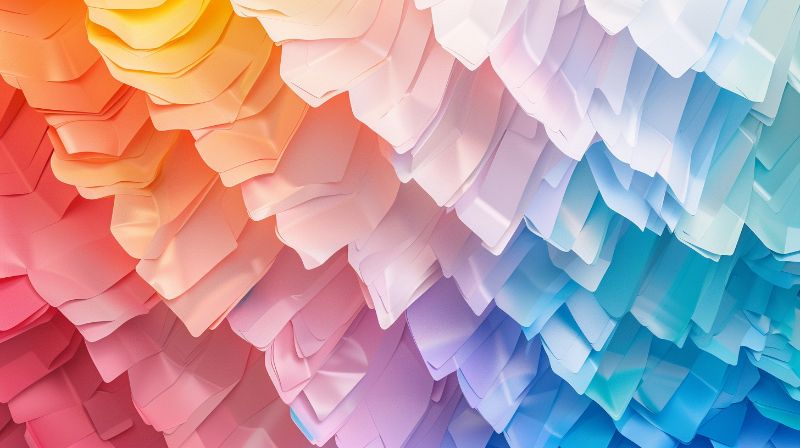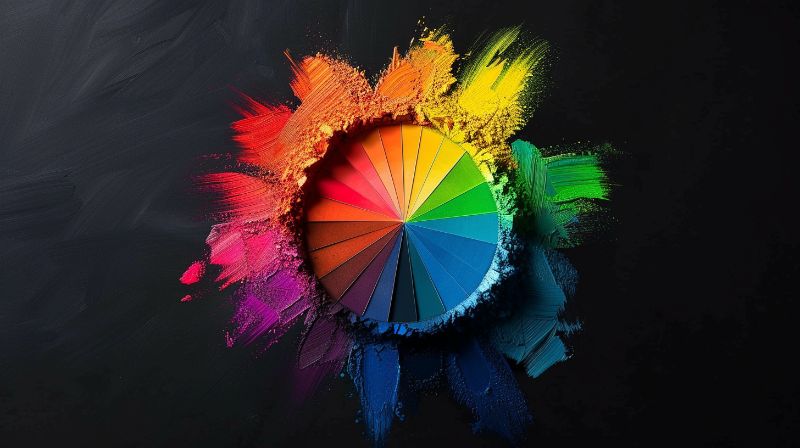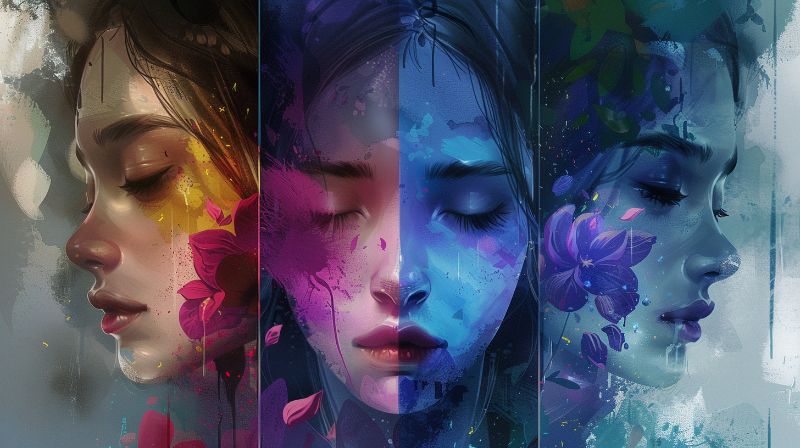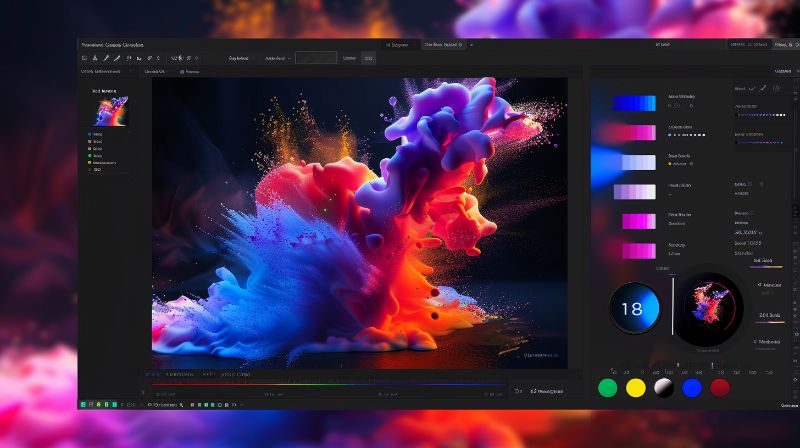Blending Colors for Unique Palettes
Master the art of blending colors to create harmonious and unique palettes for web design, branding, and digital art projects.
3 min read · May 7, 2024
Creating harmonious and unique color palettes is an essential skill in design. Whether you're working on web design, branding, or digital art, understanding how to blend colors effectively can enhance your creative projects. In this article, we’ll explore how to mix colors to create diverse palettes and how our Color Blending Tool can assist you in this process.

The Basics of Color Mixing
Color mixing involves combining different colors to produce new hues. This can range from simple blends of primary colors to complex combinations that result in unique shades.
- Primary Blends: Mixing primary colors to form secondary colors.
- Advanced Blending: Combining multiple colors to create nuanced and rich palettes.

Techniques for Effective Color Blending
There are several techniques to blend colors effectively, each suited to different design needs and outcomes:
- Linear Blending: Creating a gradient where colors transition smoothly from one to another.
- Overlay Blending: Combining colors by layering them with different opacities.
- Segmented Blending: Forming a stepped gradient where distinct colors are visible, useful for clear separation in design elements.

Creating Palettes with the Color Blending Tool
Our Color Blending Tool simplifies the process of mixing colors and creating palettes. Here’s how you can use it:
- Select Base Colors: Choose your starting colors to blend.
- Adjust Blending Levels: Control the intensity and balance between colors to achieve the desired mix.
- Generate Palette: Use the tool to create a range of blended colors that can be applied across your projects.

Practical Applications of Blended Palettes
Blended color palettes have versatile applications in design:
- Web Design: Create visually appealing backgrounds and elements with smooth or stepped gradients.
- Branding: Develop cohesive brand colors by blending primary brand hues to create secondary and tertiary options.
- Digital Art: Enhance your artwork with rich, nuanced colors by blending different shades and tones.
Conclusion
Mastering color blending allows you to create dynamic and harmonious palettes that can transform your design projects.
Enhance your designs with unique color palettes. Try our Color Blending Tool now and discover the endless possibilities of color blending.